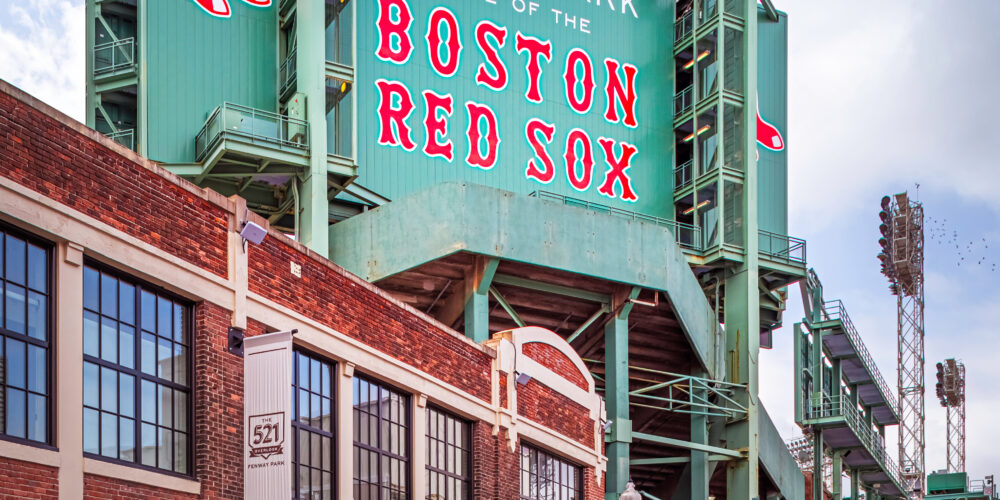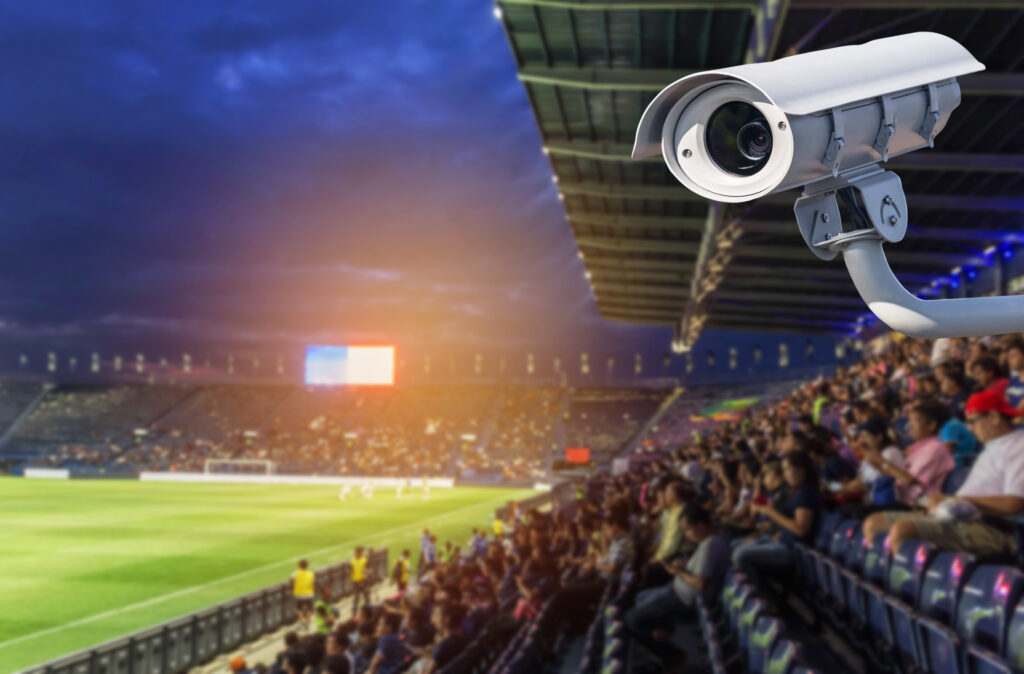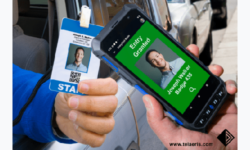NCS4 Survey: 73% of Spectators Prefer Visible Security Measures at Sporting Events
The survey also found 70% of respondents would be willing to pay a nominal security ticket fee for games they attend.

Adobe Stock photo by Marcio
Sports fans want to feel secure when they attend games–and many are willing to pay extra for it, according to results of the 2023 Spectator Sports Safety and Security Survey, compiled every two years by The National Center for Spectator Sports Safety and Security (NCS4) at the University of Southern Mississippi (USM).
The survey, which is administered every two years, aims to gauge sports spectators’ perceptions of safety and security at live events, awareness and support of policies and procedures, and willingness to embrace new measures and technological solutions to enhance their safety and game-day experience, according to the non-profit organization’s website.
Established in 2006, the NCS4 is the country’s only academic center dedicated to the study and practice of sports safety and security.
The most popular sporting events attended in the last year were Major League Baseball (42%), college football (32%), the National Football League (27.8%), and the National Basketball Association (24%). Additional college sporting events were attended, including college basketball (17.5%) and college baseball (11.3%).
Fans Support Security Tech to Improve Stadium Safety
Overall, 73% of participants said they prefer visible security measures as sporting venues continue to adopt leading practices for improved safety and security. The survey asked participants about their perceptions of specific security technologies and found that 77.1% feel comfortable with security personnel wearing body cameras.
Security wands, visible security cameras, and walk-through screening detection also ranked among the most supported security technologies.
Regarding walk-through screening detection, 50.2% preferred an entry screening method that requires people to pass through individually rather than a screening method that allows many people to pass through at once (31%).
Another 52.3% said they would welcome facial authentication/validation as part of venue entry.

Adobe Stock photo by Soonthorn
The survey also found the following:
- 70% would be willing to pay a nominal security ticket fee, ranging from $0.50 – $5.00, to offset event safety and security costs
- 74% feel safe with the ability to report an incident inside the venue
- 31.6% indicated security procedures entering the event negatively affected their experience
- 69.3% said they consider safety and security measures when attending a sporting event
- 70.6% indicated venue cleanliness and high sanitation standards made them feel safe
- About two-thirds trust the venue’s measures to protect them from active shooters, vehicle ramming incidents, and Personal Identifiable Information (PII) breaches
- Top-rated threat and safety concerns included theft, the use of weapons, unsafe parking, alcohol abuse, inadequate security personnel, inadequate security screening, and fan violence
- 66.8% observed disruptive behavior at a live event with over half choosing not to report the incident
- About one-third who observed disruptive fan behavior said it impacted their decision to report to the sports venue
The survey also asked participants how they prefer to be informed of security policies before the event occurs, with the top six being through a website (53.8%), apps (39.8%), signage at the entry point (38.3%), signage within the venue (33.8%), tickets (33.5%), and email (31.3%).
Recommendations for Improved Stadium Safety/Security
As a result of the overall findings, the authors suggest venue and event security management consider the following:
- Encourage early entry to the event (e.g. offer incentives), monitor tailgating areas, and adequately train staff on ticketing and screening procedures
- Adhere to ADA standards and be mindful of access and functional needs (i.e., entry accessibility, access control, wayfinding, emergency response, and evacuation procedures)
- Visible security measures increase spectators’ sense of safety, reinforcing the need for the presence of law enforcement and security staff, entry screening technologies, CCTV, and security personnel body cameras. Furthermore, provide a mechanism for spectators to report incidents inside the venue or event space.
- Facility hygiene remains important to spectators. Venues should obtain GBAC-STARTM Facility Accreditation from the Global Biorisk Advisory Council. Custodial staff should maintain cleanliness and high sanitation standards throughout the event.
- Conduct an event-specific risk assessment to guide planning and preparedness efforts.
- Develop plans, policies, and procedures, train staff (full-time/part-time/third party contractors), and exercise plans.
- Spectators’ awareness of policies and procedures is essential to their implementation. Be aware of those policies spectators are least familiar with. Communicate safety and security messaging to spectators before, during, and post-event via the website, venue apps, signage, and announcements (PA and video boards). Consider spectator demographics for target marketing and communications.
- Address disruptive fan behavior with a fan code of conduct and substantial violation penalties that deter such behavior—train staff on pre-incident behaviors, crowd management, and de-escalation techniques. Encourage spectators to report such behavior without the fear of repercussions. Additionally, establish an alcohol and ejection policy.
- Review traffic control procedures and ensure adequate lighting of parking lots and pathways. Increase signage, cover guest relations in staff training, and the importance of executing consistent screening procedures to overcome points of difficulty for spectators attending an event.
- Consider utilizing facial authentication/validation for spectator entry. A trial period may be helpful to educate spectators on purpose and benefits. The advancement of AI and the use of robots for security purposes may become commonplace and familiar to spectators over time.
- Management may consider a nominal ticket security surcharge to fund security budgets.
The original version of this post appeared on SSI’s sister publication, Campus Safety.
If you enjoyed this article and want to receive more valuable industry content like this, click here to sign up for our FREE digital newsletters!

Security Is Our Business, Too
For professionals who recommend, buy and install all types of electronic security equipment, a free subscription to Commercial Integrator + Security Sales & Integration is like having a consultant on call. You’ll find an ideal balance of technology and business coverage, with installation tips and techniques for products and updates on how to add to your bottom line.
A FREE subscription to the top resource for security and integration industry will prove to be invaluable.







